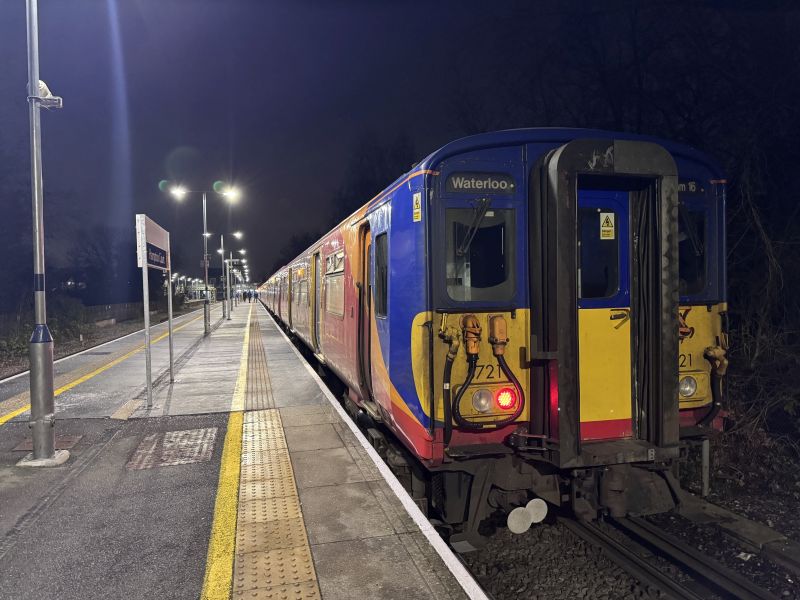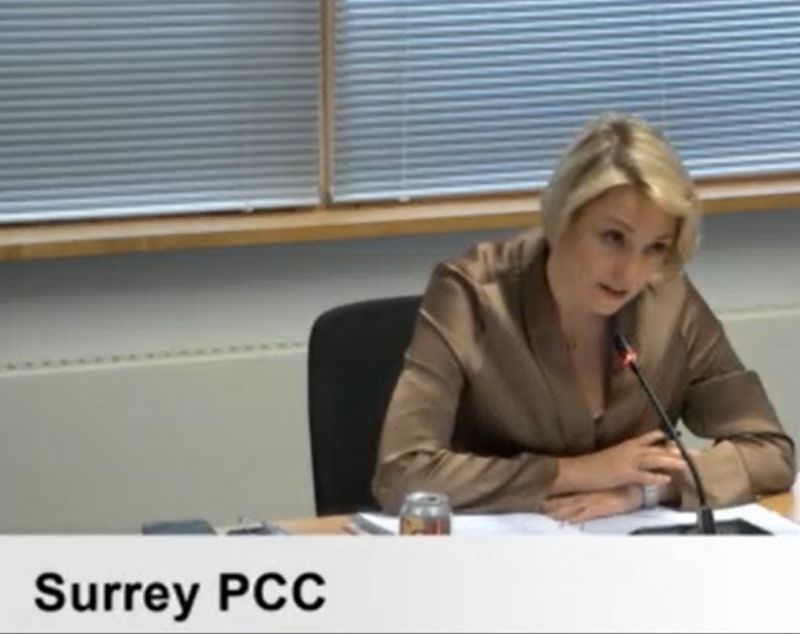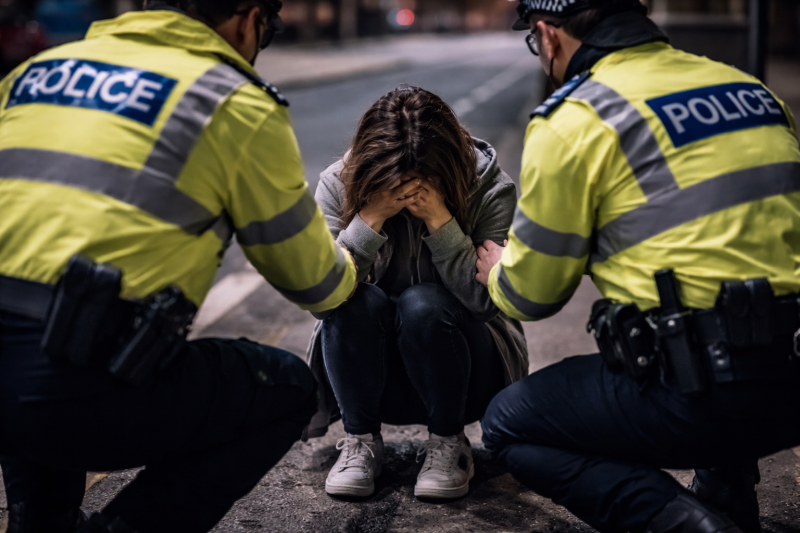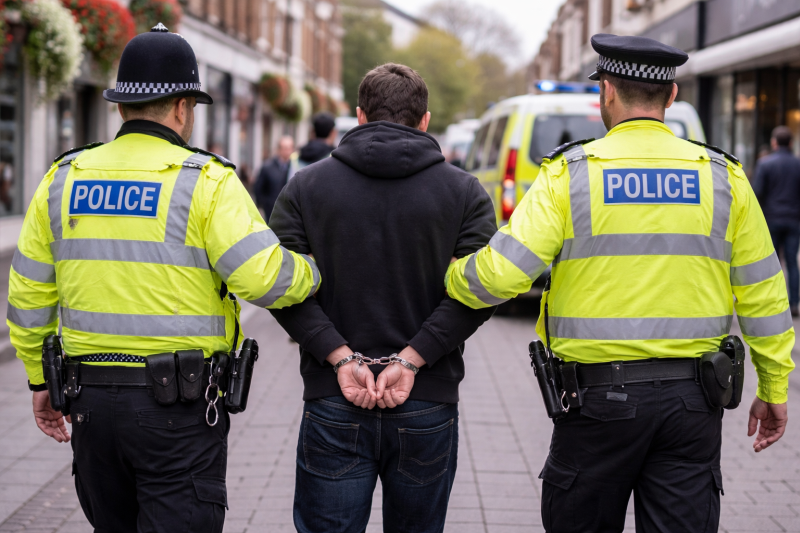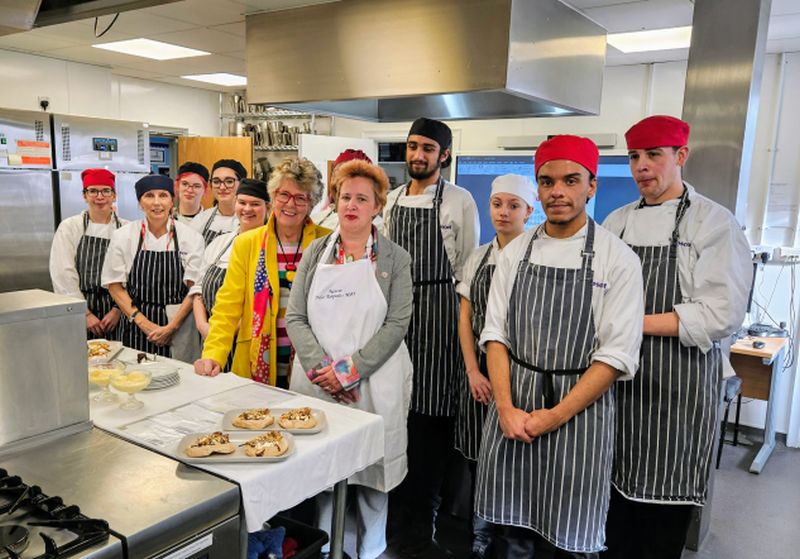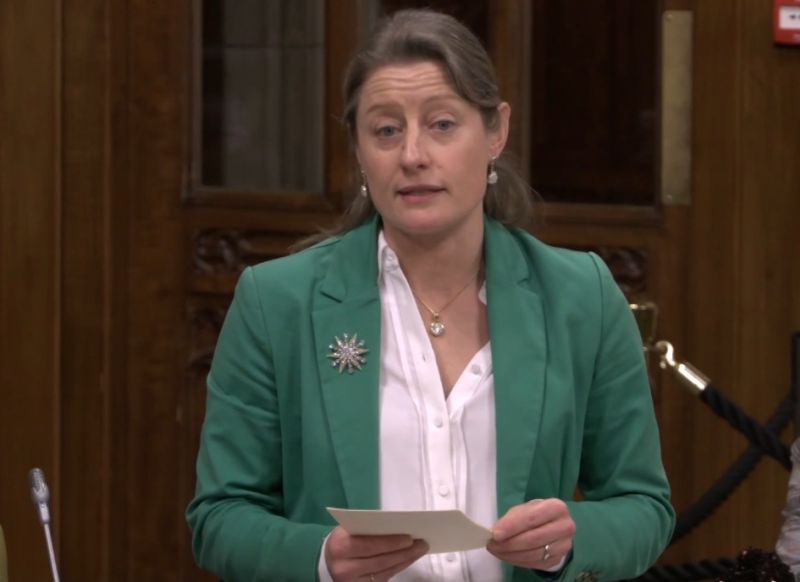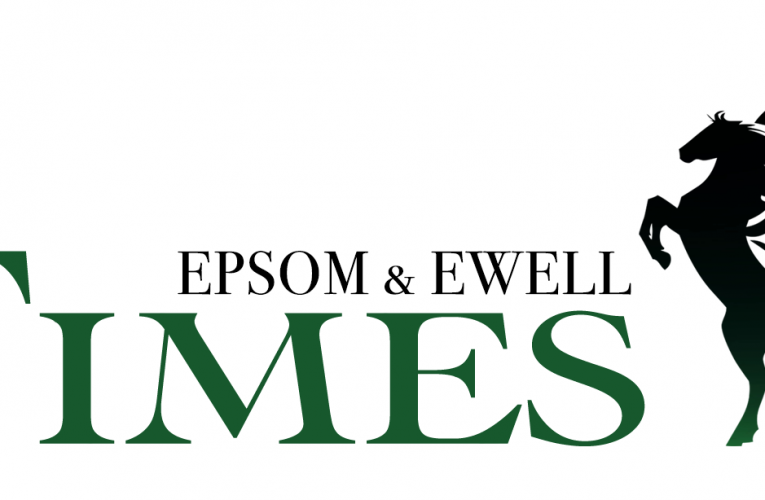Democracy at work? Or strange mathematics?
For the first time in its history as a Parliamentary constituency Epsom and Ewell has a Member of Parliament who is not a Conservative. Undoubtedly the events, personalities and circumstances at the national level impacted local results. Controversies that swirled around recent Conservative Prime Ministers Boris Johnson and Liz Truss, the squeeze on living standards, the failure of Brexit to deliver on its promise to stem immigration, Conservative aides and Parliamentary candidates placing bets on the date of the General Election.
Nevertheless, there were some local factors that contributed to the change that happened in Epsom and Ewell. The neighbouring constituency of Esher and Walton witnessed former Conservative Deputy Prime Minister Dominic Raab’s share of the vote slump from a peak of 63% in 2015 to 49.5% in 2019 with Monica Harding for the Liberal Democrats just 4.5% behind. She proceeded to win on 4th July. Esher’s rise of her party must have given Epsom and Ewell Liberal Democrat’s choice of Esher based candidate Helen Maguire belief that change was possible.
The Epsom and Ewell Liberal Democrats ran their campaign with an unrelenting belief that even in the Conservative stronghold of this constituency voters could change their allegiance.
The intervention of the Reform UK party impacted the local result on 4th July with its 5795 votes, which if cast for Chris Grayling’s replacement Mhairi Fraser, might have seen the new Conservative candidate, being elected. Reform’s previous incarnation as UKIP not standing in the General Elections of 2017 or 2019 after the 2016 EU referendum.
Local tactical voting appears to have been influential with the Liberal Democrats seemingly taking the anti-Conservative or protest votes where in earlier elections Labour has come second in Epsom and Ewell to the Conservatives in both 2015 and 2017. The Liberal Democrats moved to second place in the 2019 poll.
The headlines of a Labour landslide nationally mask the true expression of public opinion with Labour’s 4th July 2024 share of the vote being only 2% higher than Jeremy Corbyn’s 2019 “worst election result for Labour in history”. In fact in 2017 Labour polled 40% of the national vote under Mr Corbyn’s leadership. Labour’s 2024 share of the national vote at 34% is the lowest of any British Government ruling with a majority in the House of Commons seemingly ever in history.
Where the translation of votes into seats in the Commons appears to be so wildly out of sync. it requires new MPs to work their socks off in their constituencies if they wish to maintain the loyalty of voters in 2024 to the end of the new Parliament and the beginning of the next one.










